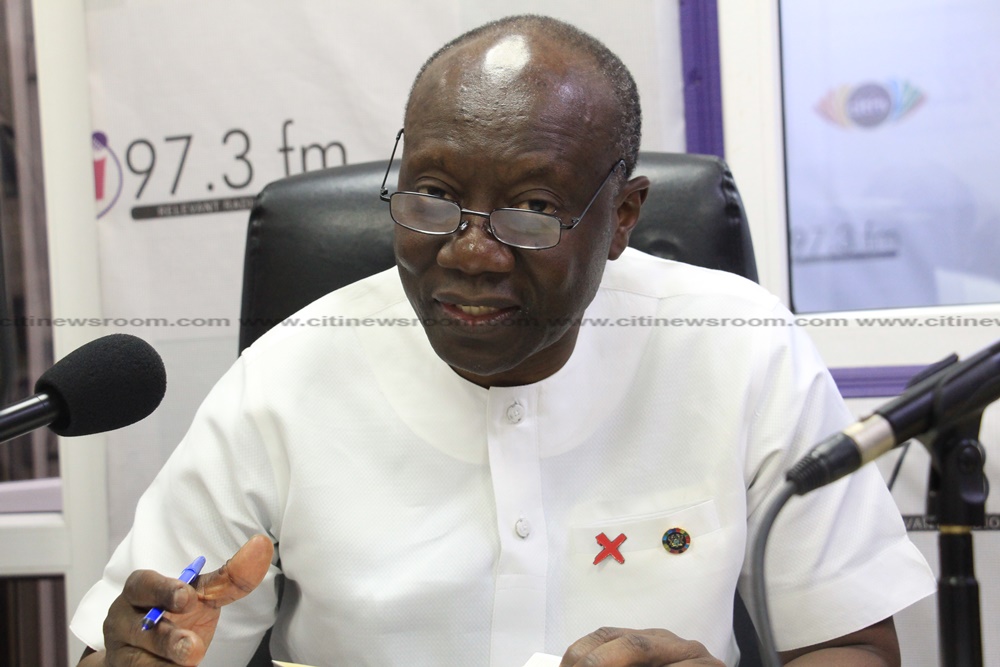The Finance Minister, Ken Ofori-Atta, says the government can only sustain economic growth through the Electronic Transaction Levy
Mr. Ofori-Atta said the e-levy will be the most viable means of generating revenue and sustaining economic growth, as other options such as increasing petrol prices, among others, tend to have an adverse impact on Ghanaians.
“The benefits have been for all of us, all-inclusive growth in which about 1.26 million children have benefited from free SHS, 3.45million covered by school feeding programme and over 334 households are given lifeline under the LEAP programme. So, for us, the sovereignty of our people is clear”.
“Our president has also earned incredible international repute and even here, NDC or NPP’s heads are high because they know that Akufo-Addo has done it. We have to continue these initiatives, but the challenge is, where do we get the resources to be able to do this? Traditionally, when you are caught in such a thing you increase petrol and we know the cataclysmic effect that will have on all of us so the good Lord led us to the area of e-commerce,” Ofori-Atta said at the government’s first town hall meeting in the Eastern Regional capital, Koforidua on the e-levy.
The 1.75% tax on all digital financial transactions is one of the main proposals of the government in the 2022 budget presented to parliament by the Finance Minister, Ken Ofori-Atta.
The tax has been met with mixed reactions, with Ghanaians kicking against it and stressing that it will only place an extra burden on their finances.
The Minister however justified the e-levy, saying it was introduced to broaden the tax base and deepen democracy.
“How do you deepen democracy if you do not pay taxes? We came back with several reasons’ to broaden tax base and increase revenue. The payment of taxes in Ghana is awfully low compared to our neighbours. We need to cure that.”





